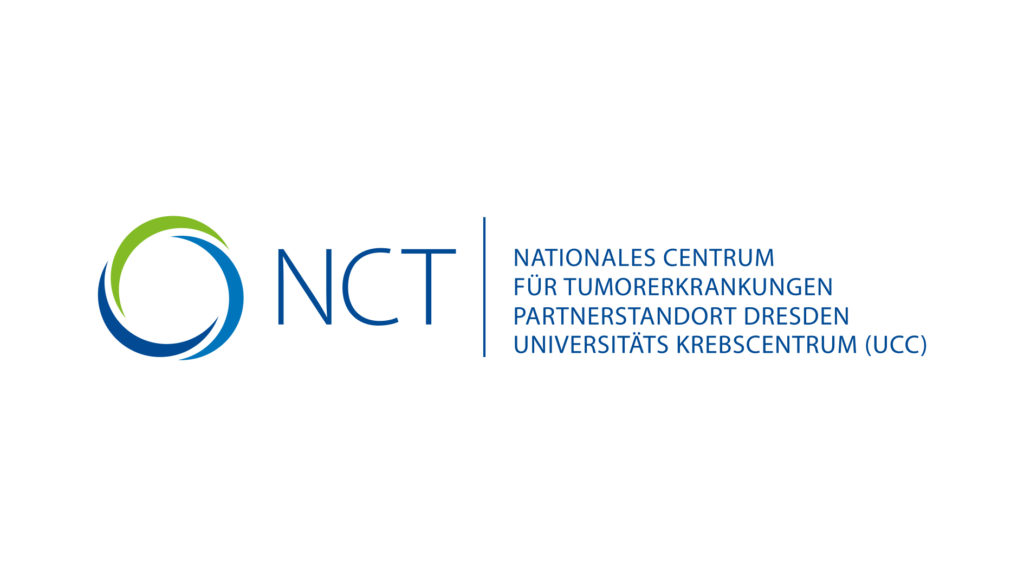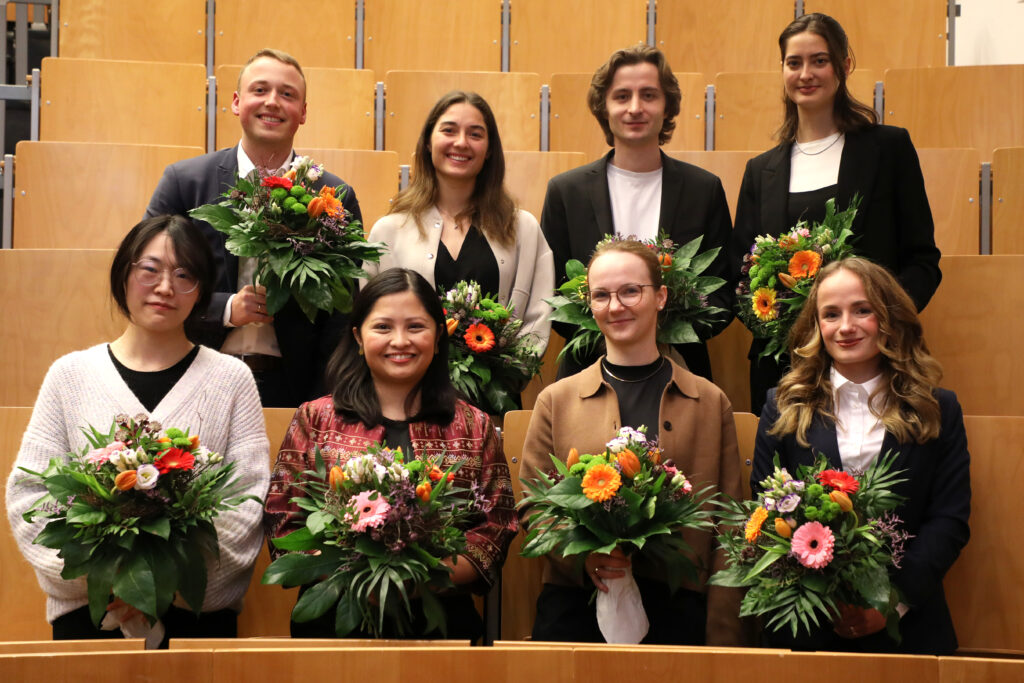A program for clinicians at Dresden University Hospital who are interested in designing and managing AI-powered clinical trials and translating research findings into clinical practice in oncology.
Clinician Digital
Trialist Program
Call for Clinician Digital Trialists
General Information
We propose a “Digital Clinical Trialist program” in cooperation with the NCT/UCC Dresden with a focus on AI and bioinformatics in oncology to enable new clinical trials of computer-based interventions in oncology. The program is geared towards training clinician scientists to design and manage AI-powered clinical trials and translate research findings into clinical practice in oncology.
The “Digital Clinical Trialist program” will empower its participants to be at the forefront of transformative changes in oncology research and clinical practice, helping them become leaders in the implementation of AI-powered interventions and fostering innovation in cancer care.
The participants will attend seminars, educational events and will perform research projects in affiliated research groups to build a diverse skill set in the following topics:
- Digital Health Technologies & AI
- Data Science, Bioinformatics & AI
- Clinical Trial Design & Management
- Translational Research
- Practical Experience
- Ethics & Regulation
- Innovation & Entrepreneurship
The Clinical Trialists are selected from the pool of interested clinicians and are to be granted a 6-month release from clinical duties by their respective clinical director. During this time, they will engage in research and learning activities in an interdisciplinary tandem with the members of the Kather Research Group.
Contact

- Contact: EKFZ Project Office
- Telephone: 0351 458 – 18589
- E-Mail: ekfz@tu-dresden.de

Funding Information
Templates and Deadlines
Please use the templates for the project summary and CV provided below.
This call has no specific deadline. The first two convincing applications will receive funding.
Please send your application to ekfz@tu-dresden.de
More News
Carl Gustav Carus Awards for three EKFZ affiliated young researchers
Virtual companions, real responsibility






